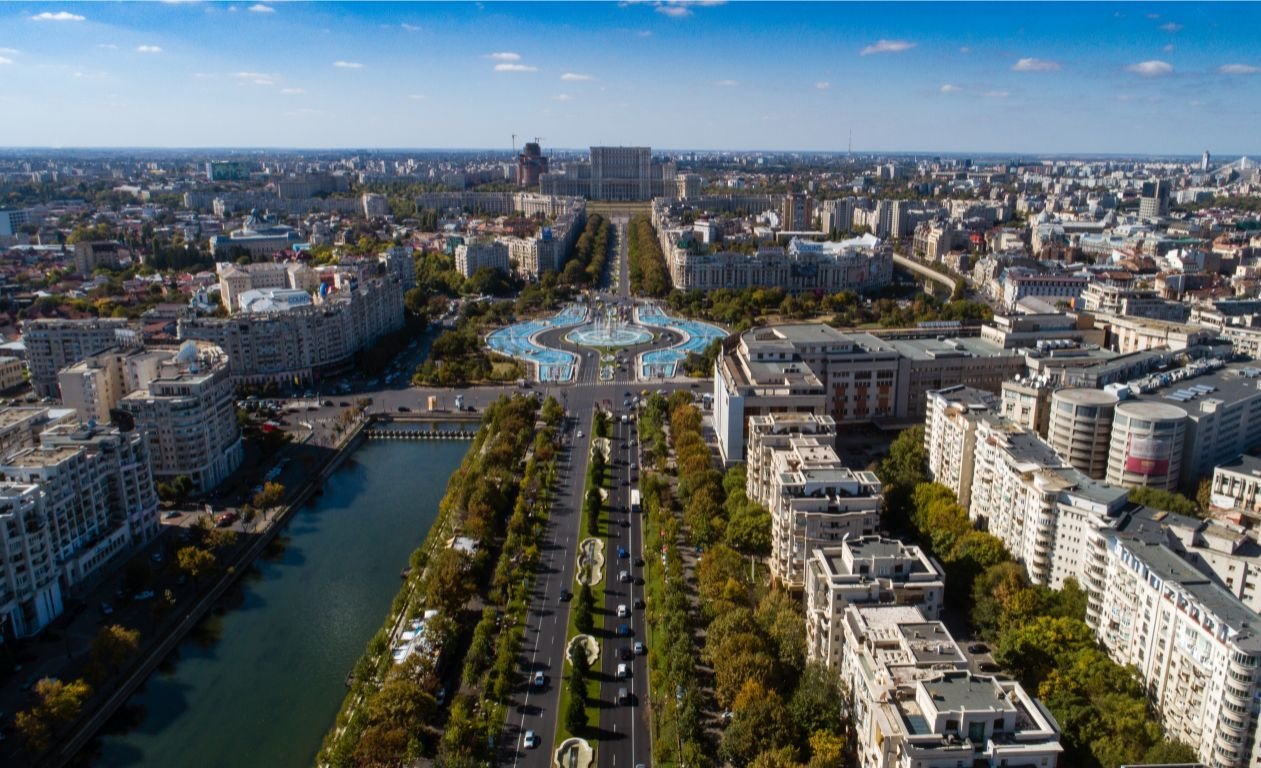
Bucharest, the Little Paris
Bucharest is the capital municipality, cultural, industrial, and financial centre of Romania. Bucharest was first mentioned in documents in 1459, it became the capital of Romania in 1862 and is the centre of Romanian media, culture, and art.
Bucharest is the primary entry point into Romania. Bucharest is a booming city with many large infrastructure projects changing the old face of the city. Finding a 300-year-old church near a steel-and-glass tower that both sit next to a communist-style building is commonplace in Bucharest. Bucharest offers some excellent attractions, and has cultivated a sophisticated, trendy, and modern sensibility that many have come to expect from a European capital. Bucharest has benefited from an economic boom along with the EU grants that have helped rebuild parts of the city, including the revamped old town. The largest finished project is the impressive Basarab overpass, which is Europe's widest cable bridge.
Its architecture is a mix of historical (neo-classical and Art Nouveau), interbellum (Bauhaus and art deco), communist era and modern. In the period between the two World Wars, the city’s elegant architecture and the sophistication of its elite earned Bucharest the nickname of “Little Paris”. Although buildings and districts in the historic city centre were heavily damaged or destroyed by war, earthquakes, and above all Nicolae Ceaușescu’s program of systematization, many survived and have been renovated. In 2016, the historical city centre was listed as “endangered” by the World Monuments Watch.
Economically, Bucharest is the most prosperous city in Romania. The city has a number of large convention facilities, educational institutes, cultural venues, traditional “shopping arcades” and recreational areas.
Bucharest has a growing cultural scene, in fields including the visual art, performing arts and nightlife. Unlike other parts of Romania, such as the Black Sea coast or Transylvania, Bucharest's cultural scene has no defined style, and instead incorporates elements of Romanian and international culture.
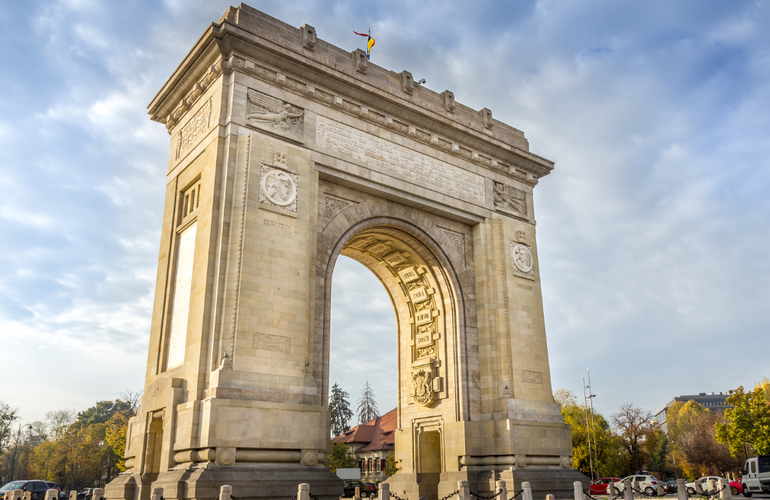
Arch of Triumph
"Little Paris" image between the wars
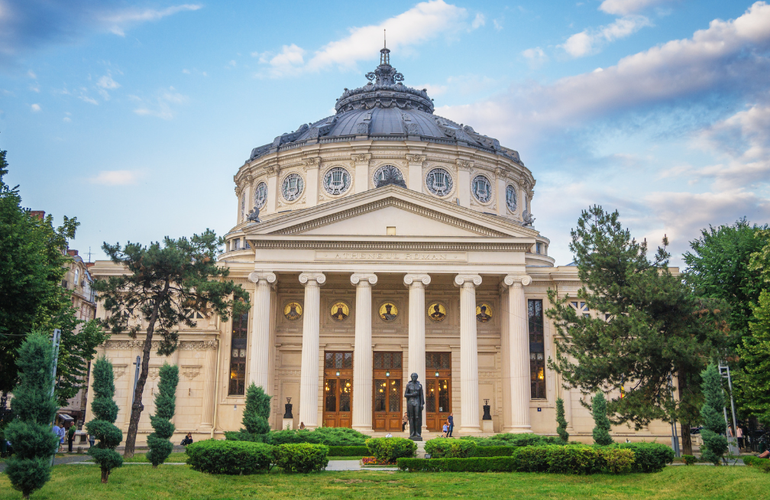
Romanian Athenaeum
Great musicians at the emblem of Bucharest
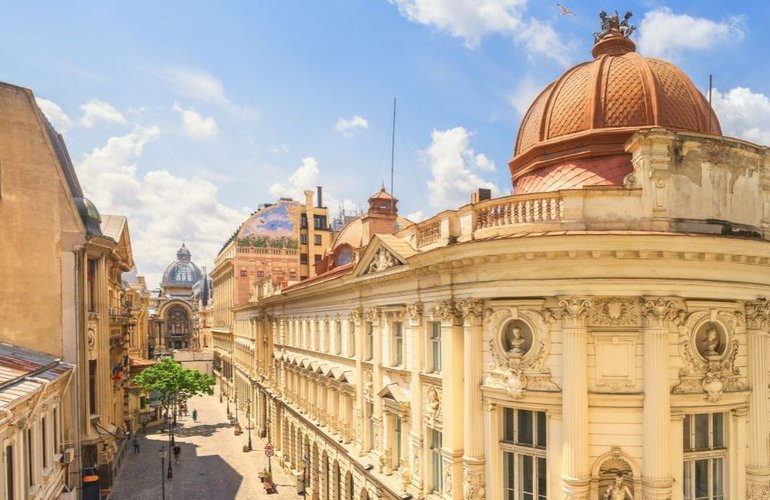
Old Town
A charming Old Town with vibrant nightlife
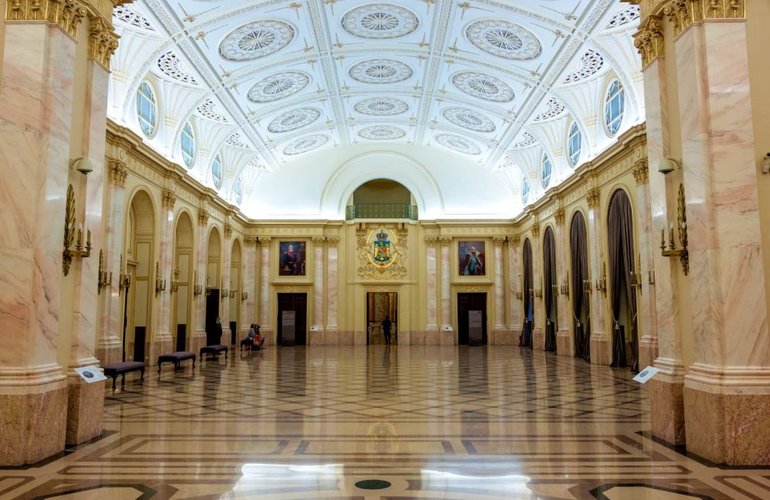
National Museum of Art
Great sculptor Constantin Brâncuși
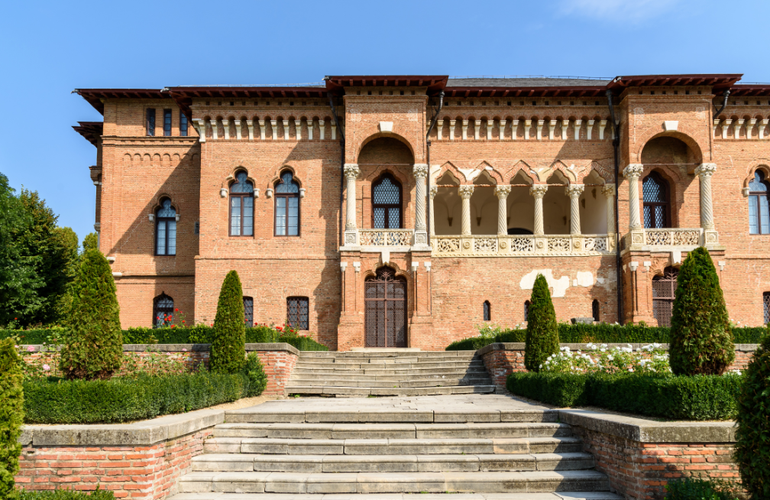
Mogosoaia Palace
Brâncovenesc ensemble on the Colentina River
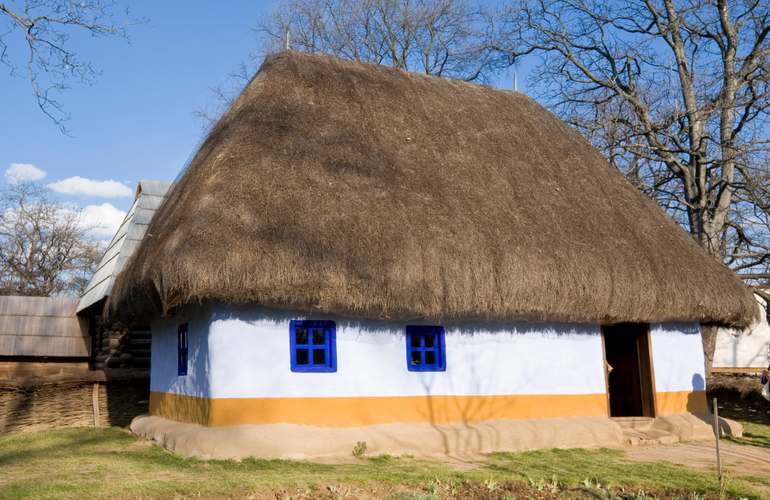
National Village Museum
Open-air museum about country life
